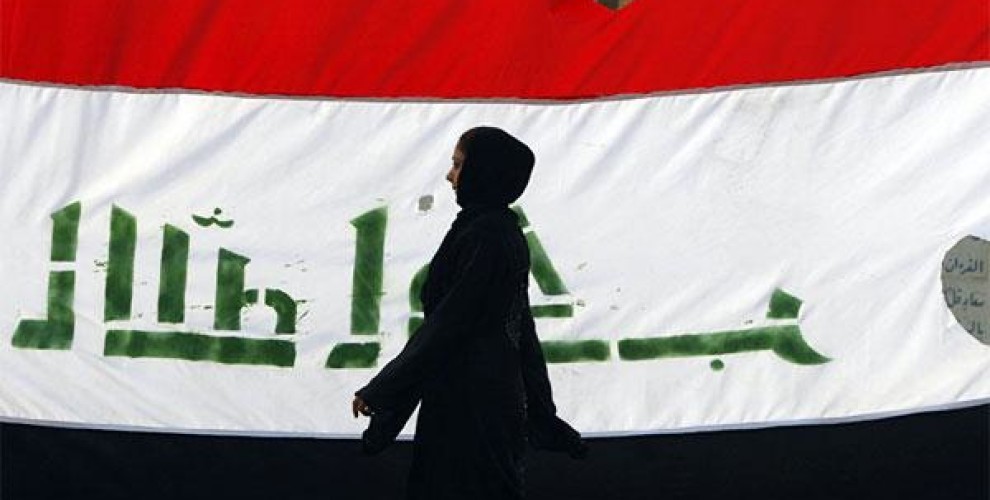The complexity of the Iraqi elections
Parties should remain silent in the next 48 hours prior to the opening of polling stations.
Parties should remain silent in the next 48 hours prior to the opening of polling stations.

Few hours to go to the elections in Iraq and what appears clear is that the period that will follow this contest will not be an easy one.
Indeed the tones - sometimes threats - used throughout the campaign both in Iraq and South Kurdistan have confirmed that the post 12 May scenario would be a complicated and challenging one.
Parties are not supposed to campaign in the next 48 hours, yet what they have said so far, is a clear indicator of the environment in which these elections are taking place. There have been call to observers to check and investigate fraud claims and any irregularity.
A campaign marked by threats and harsh tones
Last week, current Prime Minister and the leader of the Nasir List, Haider Al-Abadi, has gone on records saying: “We will cut off hands to get to these elections”.
There have been accusation of fraud and sale of votes as well as warning for a possible Iranian long hand. The sure thing is that for the first time voting and counting will be done with electronic system. This should reduce the risk of fraud, but former Prime Minister and leader of the State of Law list, Nuri al-Maliki, has promised “civil war, should there be fraud”.
Clearly there are a lot of interests coming to the fore as not only domestic and regional forces are keeping an eye on the forthcoming results. Iran and the US, to name but two, are also interested in these elections.
Controversial territories
The issue of the controversial territories, especially Kirkuk and Mosul remains crucial as there is a real danger in these regions. The Iraqi Turkmen Front (RTC) showed that very dangerous games are played in Kirkuk. They have targeted the Kurdish population living in the city, and openly talked of destroying Kurdish neighborhoods and homes after the elections.
In Mosul there are 921 candidates competing in the election, vying for the 34 seats allocated to the area in Baghdad’s parliament. And that number of candidates is more than double that in the 2014 elections.
The PUK has shown harsh feelings towards the KDP. Young PUK politician, Sheik Cengi Talabani said a rally in the city that “Kirkuk is a Kurdish city and will remain a Kurdish city. No one will be able to change this”.
While Sheikh Cengi Talabani was speaking in Kirkuk, Masrur Barzani was speaking at the KDP last rally in the surrounding of Hewler (Erbil). Contrary to Talabani, in his speech Bargain did not criticise the central government stance.
Goran candidates have chosen Sulaymaniyah for their last election rally. Goran candidates have criticized the KDP and PUK for the economic problems faced by the region in 26 years of joint government as well as the problems with the Iraqi Central Government and the Kirkuk disaster after the referendum held on September 25th.
Furthermore, Goran asked the two parties to take a clear stance on the ongoing Turkish state occupation of the Bradost area. “If they are not partners in this occupation, then they should say this clearly”, said Goran.
Kurdish people have clearly stated that they will vote for those parties condemning the Turkish occupation.